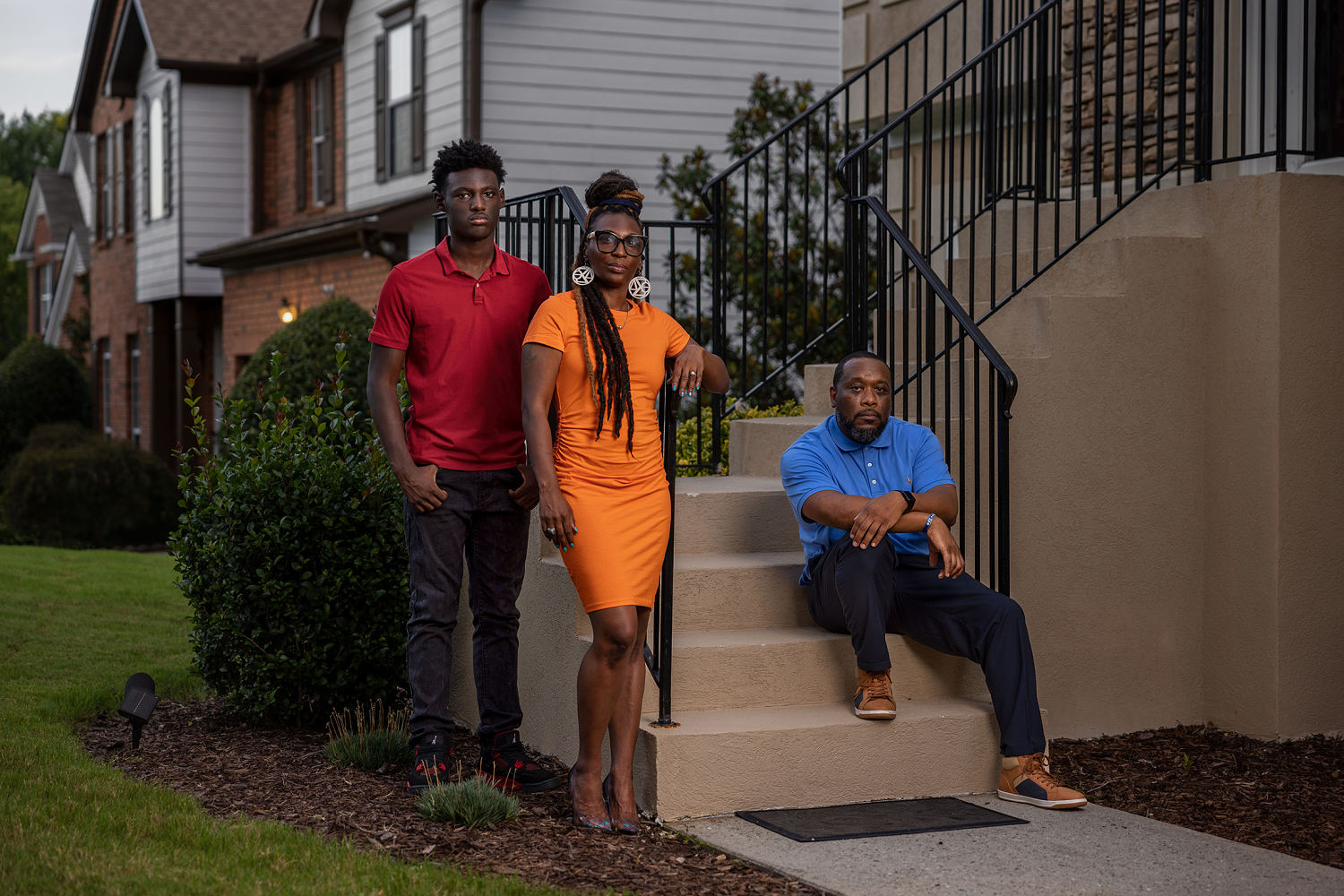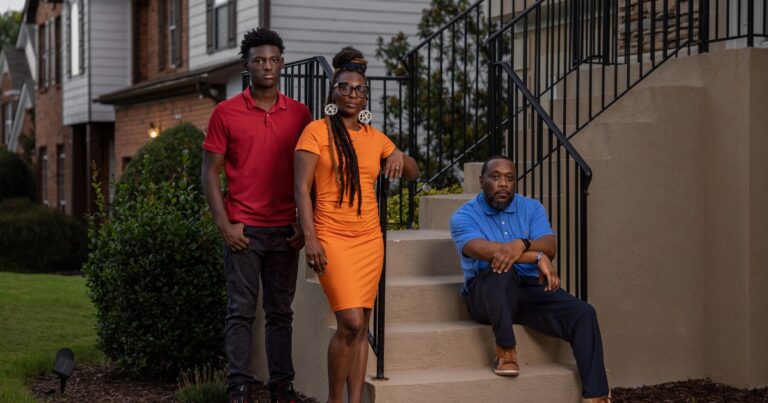
WASHINGTON — The Supreme Court on Thursday revived a lawsuit against the FBI in a damages claim arising from an incident in which agents raided the wrong house in Atlanta.
The ruling marks a narrow win for Toi Cliatt, his former girlfriend Trina Martina and her son Gabe Watson, who were all present in the house during the October 2017 encounter.
The unanimous decision written by Justice Neil Gorsuch means they can continue to press claims alleging assault, battery and false imprisonment under a law called the Federal Tort Claims Act (FTCA), one of the few avenues to hold federal officials accountable. Litigation will now continue in the Atlanta-based 11th U.S. Circuit Court of Appeals.
“We look forward to continuing this fight with the Martins in the Eleventh Circuit and making it easier for everyday people to hold the government accountable for its mistaken and intentional violations of individual rights,” Patrick Jaicomo, a lawyer at the libertarian Institute for Justice who represents the plaintiffs, said in a statement.
The case highlights the problem of law enforcement raiding the wrong house, which has happened in several high-profile cases.
A district court judge and the appeals court ruled for the government.
The legal question touched upon on whether a particular provision of the law, which allows claims concerning the actions of federal law enforcement officers, is trumped in this instance by another provision called “the discretionary function exception,” which protects certain judgment calls from liability.
The court did not resolve that question, but did remove a barrier to the plaintiffs being able to argue it in lower courts.
“We readily acknowledge that different lower courts have taken different views of the discretionary function exception,” Gorsuch wrote. “We acknowledge, too, that important questions surround whether and under what circumstances that exception may ever foreclose a suit like this one.”
In a separate concurring opinion, Justice Sonia Sotomayor wrote that “there is a reason to think” that the discretionary function exception should not bar the plaintiffs’ claims. Her opinion was joined by Justice Ketanji Brown Jackson.
During the raid in question the agents had guns drawn and used flash-bang grenades as they entered the house.
Cliatt was handcuffed and thrown on the floor. Martin wanted to rush to her son but wasn’t allowed to move. Watson, then 7, woke up to see agents with guns in his bedroom.
The agents quickly left the house upon realizing their error and a supervisor returned later to apologize.
The Justice Department in court papers said that a Garmin GPS device that FBI agent Lawrence Guerra used to lead the team to the house had indicated the agents had arrived at the correct location.
The FBI was seeking to arrest a man named Joseph Riley, who lived nearby. After they left the wrong house, the agents raided the correct home. Riley was arrested and later convicted.


